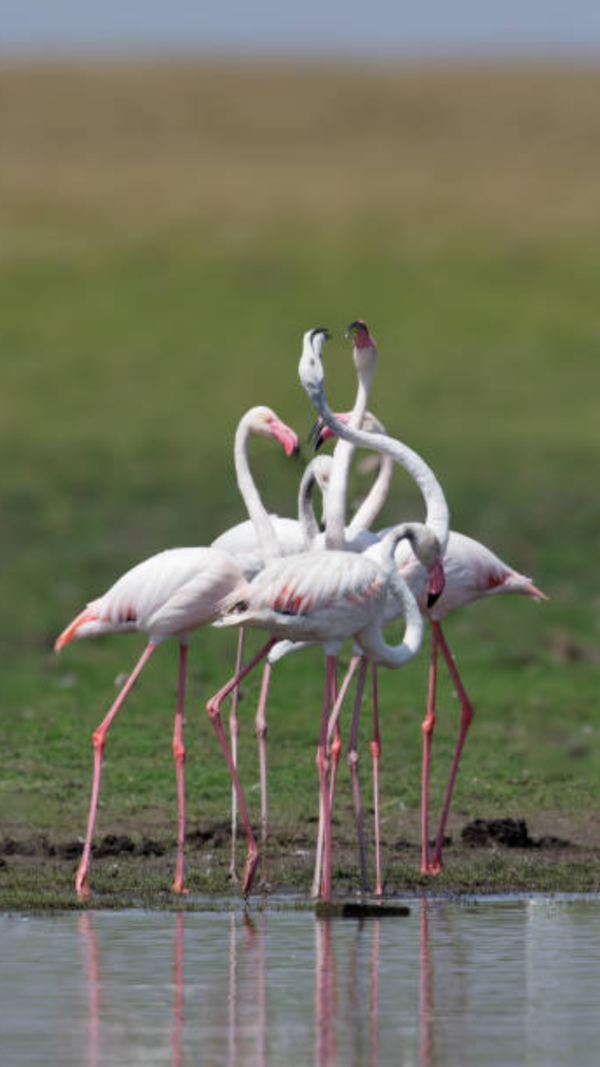- News
- Punjab govt initiates study on energy drinks’ impact on children
Punjab govt initiates study on energy drinks’ impact on children
Chandigarh: Amid growing concerns over the unchecked consumption of energy drinks by children, the Punjab govt has launched a decisive action plan — starting with a scientific study to investigate the health impacts of these high-caffeine beverages on minors. The move comes as part of a broader strategy to ban the sale of energy drinks to children across the state.
Health minister Dr Balbir Singh earlier announced a ban on the sale of energy drinks in and around schools. Building on that, the state health department has now asked the directorate of research and medical education to assign a comprehensive research study to a medical college.
Medical experts have long warned of the potential dangers of such beverages. Regular intake by children links to a range of health issues including increased anxiety, insomnia, digestive issues, liver and kidney damage, respiratory disorders, rapid heartbeat (tachycardia), agitation, seizures, and in some cases, even psychotic episodes. Moreover, caffeine can have addictive properties, and exposure to it from a young age can increase the risk of developing caffeine dependence.
The study will collect detailed data from pre-teens and adolescents regarding their consumption patterns and any related health symptoms. "The results will guide the govt in implementing a well-informed, enforceable policy to protect children's health," Dr Sandeep Bhola, state in-charge of the de-addiction programme.
Notably, Food Safety and Standards Authority of India (FSSAI) regulations already require warning labels on energy drinks, stating that they are not recommended for children, pregnant women, or breastfeeding mothers, and declaration on the maximum daily consumption. These drinks are also required to limit caffeine content to 320 ppm.
Experts have stressed the urgent need for increased parental awareness about the potential health risks posed by energy drinks.
"Energy drinks, laden with caffeine, added sugars, and stimulants, are marketed as performance enhancers, but they pose serious risks — especially to children," said Dr Rakesh Kumar Gupta, President of the Strategic Institute for Public Health Education and Research. He emphasised that the rising consumption among minors is cause for urgent concern.
"Parents should actively monitor and restrict their children's intake of these beverages," said Gupta. He added that public awareness campaigns can play a vital role in educating communities about the dangers linked to energy drink consumption and in promoting healthier alternatives.
Dr Gupta also called on the energy drink industry to act responsibly. "Manufacturers must ensure their products are not marketed to children and adopt ethical marketing practices. They have a crucial role to play in safeguarding young consumers," he said.
With the rise in non-communicable diseases, health minister Dr Balbir Singh has been laying stress on the need for shunning unhealthy eating habits and poor dietary choices, especially among youngsters.
BOX
Serious Health Risks
Linked to anxiety, insomnia, seizures, heart issues, and risk of caffeine addiction in children
Findings will guide a potential statewide ban on the sale of energy drinks to minors
Experts urge parental vigilance, ethical marketing by brands, and public health campaigns
End of Article
Follow Us On Social Media









